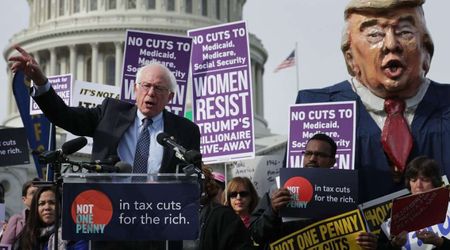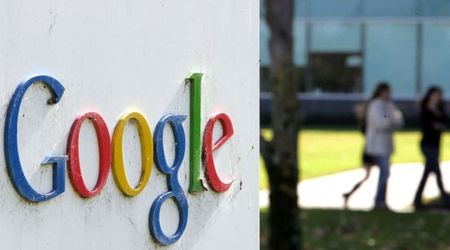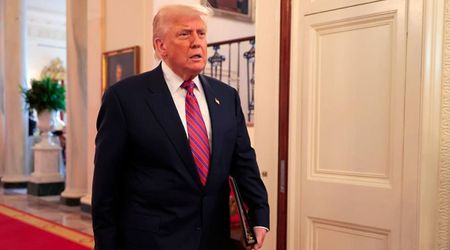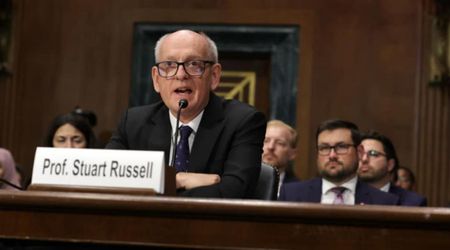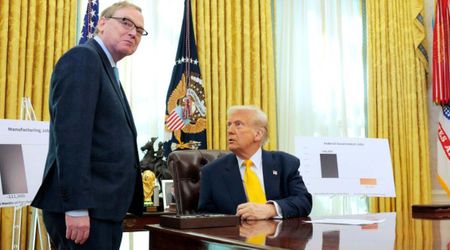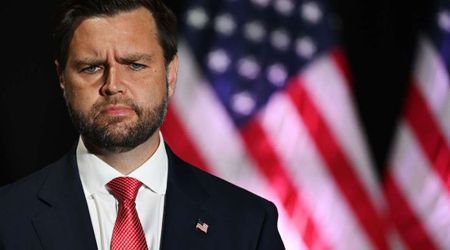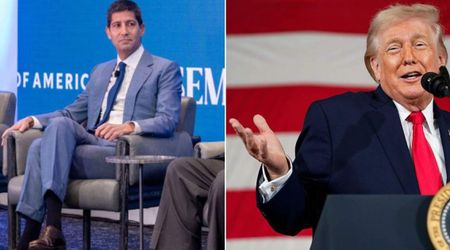Here's What the House Committee's Decision to Pass the Bill For a TikTok Ban Actually Means

Privacy concerns caused by TikTok have been a matter of discussion for a long time and reports of a possible ban on the app in the US have been emerging for years, while other countries have already blocked it. In a decisive move in the matter, the House Energy and Commerce Committee has passed a bill aimed at potentially banning TikTok across all electronic devices in the United States. The decision is rooted in apprehensions about the social media app's alleged ties to the Chinese government and the potential national security risks it poses, but what does it mean?

The bill, which received unanimous support from the committee, proposes prohibiting TikTok from US app stores unless it swiftly separates from its parent company, ByteDance. This legislation sets a deadline of 165 days for ByteDance to sell TikTok, failing which it would be deemed illegal for app store operators like Apple and Google to offer the app for download in the United States.
Additionally, the bill contemplates similar restrictions on other apps "controlled by foreign adversary companies."

Chairing the committee, Rep. Cathy McMorris Rodgers emphasized the bill's significance in safeguarding American values and freedoms. Echoing her sentiments, Rep. Frank Pallone highlighted the concerns raised by national security officials regarding TikTok's potential threat during a closed-door hearing.
"I take the concerns raised by the intelligence community this morning very seriously. They have asked Congress to give them more authority to act in these narrowly defined situations, and I believe that this bill will do that," Pallone said.
🚨 The @HouseCommerce Committee just voted 50-0 to force TikTok to sever their ties with the Chinese Communist Party. I will bring this critical national security bill to the House floor for a vote next week.
— Steve Scalise (@SteveScalise) March 7, 2024
However, its future in the Senate remains uncertain, with Senate Commerce Committee Chair Maria Cantwell expressing reservations about its constitutionality and impact on civil liberties.
"I will be talking to my Senate and House colleagues to try to find a path forward that is constitutional and protects civil liberties," Cantwell said in a statement to CNN.

Lawmakers have underscored the need to prevent the exploitation of personal information by foreign adversaries, with concerns extending beyond TikTok to encompass other platforms and data brokers.
Despite bipartisan support for the bill, TikTok has mounted a vigorous opposition campaign, mobilizing its user base and decrying the legislation as an assault on constitutional rights. The company has deployed in-app notifications urging users to voice their opposition to the bill, resulting in a flood of calls to congressional offices.
Critics argue that such efforts may be misleading, as some callers, particularly teenagers and the elderly, appear confused about the rationale behind the proposed ban.

Responding to criticisms, Representative Dan Crenshaw rejected claims of lawmakers' ignorance about technology. The legislation's language, however, extends beyond TikTok, potentially impacting various sectors of the economy, including internet hosting services.
Efforts to regulate the social media platform have faced legal hurdles, with previous attempts by the Trump administration stalling amidst challenges. Although negotiations between TikTok and the US government are ongoing, concerns persist about the app's compliance with data security measures.

Critics argue that the proposed ban would infringe upon Americans' free speech rights, with organizations like the ACLU and the Computer and Communications Industry Association warning against the legislation's potential impact on both users and tech companies.
Despite assurances from lawmakers that the bill targets foreign adversary control rather than speech content, its broad implications remain a subject of contention.


